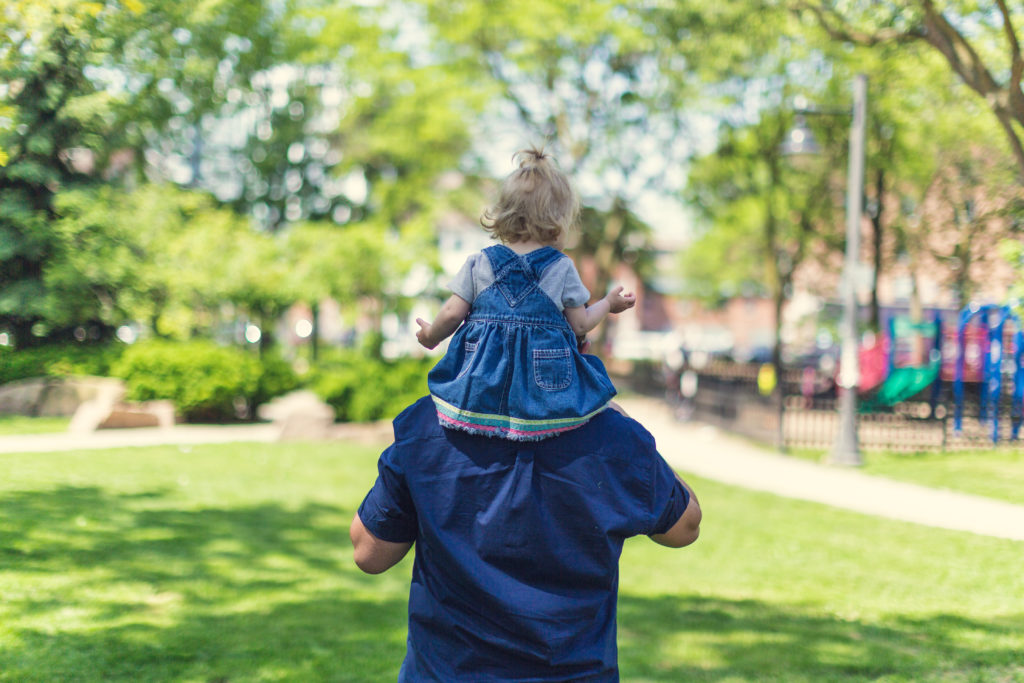Childhood is a phase of life characterized by curiosity, imagination, and boundless energy. During this period, children experience rapid physical, cognitive, emotional, and social development. While structured educational activities are undoubtedly essential for nurturing young minds, the power of leisure in children’s development should not be underestimated. Leisure activities provide a unique platform for children to explore their interests, develop essential life skills, foster creativity, and build social connections.
Leisure activities offer children the freedom to explore a wide range of interests and hobbies. This exploration is pivotal for self-discovery, helping children understand their preferences, strengths, and weaknesses. Engaging in diverse leisure activities such as sports, arts and crafts, music, or reading allows children to identify their passions and talents. For instance, a child who spends leisure time experimenting with painting might discover a hidden artistic flair, fostering a sense of accomplishment and boosting self-esteem.
Moreover, leisure activities are not just about having fun; they also play a significant role in nurturing essential life skills. Participating in team sports teaches children cooperation, communication, and leadership. Creative endeavors like building with blocks or solving puzzles enhance problem-solving abilities. Cooking simple meals with parental guidance not only introduces basic culinary skills but also encourages responsibility and safety awareness. These life skills acquired through leisure activities are often transferable to academic, social, and future professional endeavors.
Unstructured leisure time stimulates a child’s imagination and creativity. In a world that increasingly emphasizes standardized education and predetermined outcomes, leisure activities provide an outlet for unrestricted thinking. Engaging in imaginative play, storytelling, or crafting empowers children to generate ideas, think outside the box, and express themselves in unique ways. This creativity is vital for innovation and adapting to an ever-evolving world.
Children, like adults, experience stress and emotional challenges. Leisure activities serve as a buffer against the pressures of daily life, allowing children to unwind and relax. Engaging in enjoyable pastimes releases endorphins, the “feel-good” hormones, reducing stress and anxiety. Whether it’s playing in a park, reading a book, or simply daydreaming, leisure provides a valuable opportunity for emotional rejuvenation.
Leisure activities provide a natural setting for children to interact with peers, family members, and even strangers. Through group play, board games, or participating in community events, children learn essential social skills such as cooperation, sharing, and empathy. These interactions contribute to the development of interpersonal relationships, helping children establish friendships that often last a lifetime.
In today’s digital age, children are exposed to screens and technology at an unprecedented rate. While technology has its merits, excessive screen time can hinder development and socialization. Engaging in offline leisure activities is crucial for striking a balance and ensuring holistic development. Encouraging children to spend time outdoors, read physical books, or engage in hands-on crafts reduces screen dependency and fosters a well-rounded childhood experience.
Practical examples highlight the effectiveness of leisure activities in nurturing children’s development. Encouraging outdoor exploration promotes physical health, curiosity, and a sense of adventure. Participating in creative arts cultivates self-expression, fine motor skills, and confidence. Involvement in cooking and baking imparts culinary skills, nutritional knowledge, and teamwork. Board games and puzzles enhance critical thinking and strategic planning. Reading for pleasure improves vocabulary and imagination. Community engagement instills empathy and a sense of responsibility.
In the race towards academic excellence and structured learning, the significance of leisure activities in children’s development cannot be overlooked. These activities contribute to the holistic growth of children, fostering self-discovery, creativity, emotional well-being, and essential life skills. By encouraging a healthy balance between education and leisure, parents and educators can empower children to become well-rounded individuals prepared for the challenges and opportunities of the future. As we continue to support and nurture our children, let us remember the transformative power of leisure in shaping their development into capable, imaginative, and resilient adults.



